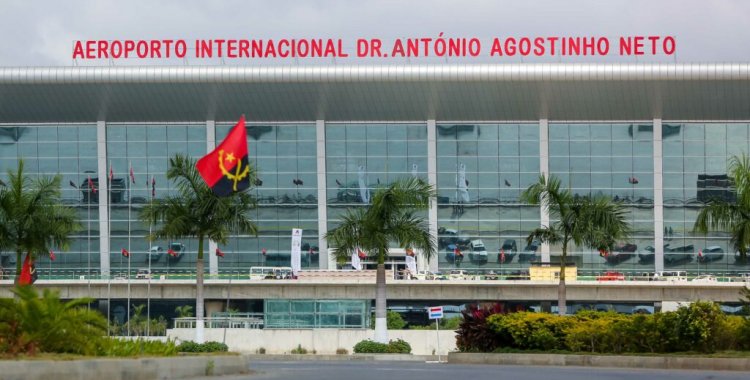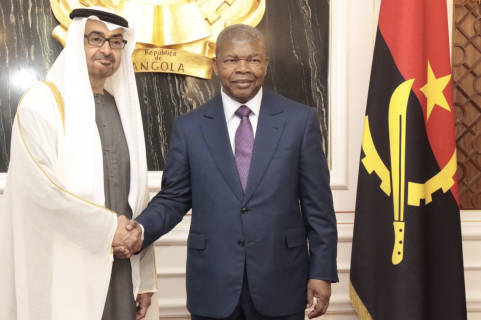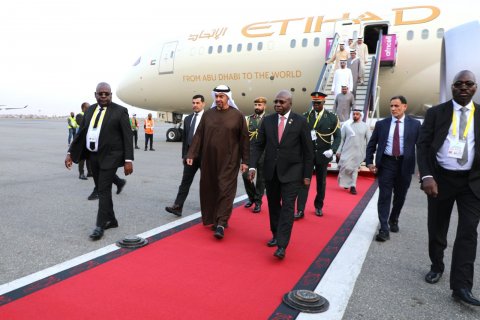Ricardo de Abreu was speaking at the opening of the 2nd Transportation and Logistics Forum, organized by Jornal Expansão, with the theme "The New Airport as a Hub of Economic Development for the Country."
"Today, we are attracting national and foreign private capital, a movement that must continue. But we need capital that creates value within the country. Angola can no longer live under the illusion of endless resources. What we have must be leveraged intelligently, strategically, and with sustainable alliances, promoting the growth and progress of the entire economy," said Ricardo de Abreu.
The minister considered the AIAAN a catalyst for a new cycle in air transport, integrated logistics, and the positioning of Angola as a regional and intercontinental hub.
The Minister of Transport said that the new infrastructure, located in an area of 30 square kilometers, inaugurated in 2023 and located in the province of Icolo e Bengo, is an instrument of national development and "represents a turning point" in the country's positioning in the world.
With AIAAN, he stated, the country has "a reputation built through hard work and global partners" who trust Angola's potential, "with whom, just a few years ago, it would have been unthinkable to work."
However, Ricardo de Abreu stated, a new airport is not enough for Angola to become a hub; collective commitment is required, stressing that the National Civil Aviation Authority (ANAC), which is the center of the system, must rise to the occasion in this new cycle.
"TAAG, with its catalytic potential, needs to accelerate the ongoing transformation process, increasingly focusing on operational management, results, and customer delivery, ensuring safety, route diversity, and comfort for its customers," he argued, emphasizing the need for the national flag carrier to focus "once and for all" on the "collective interest of the country."
"Our success depends on operational discipline, a focus on results, quality service, and adherence to international standards. We cannot allow individual interests or internal resistance to block what was so difficult to achieve," he emphasized.
The airport is part of a broader strategy, he noted, because "it connects to logistics corridors, such as Lobito, connects to the port of Luanda, connects with the railway, and opens Angola to Southern and Central Africa."
The minister also emphasized the importance of training human resources, what he called the new generation of aeronautical professionals, "who must be certified, motivated, and prepared to lead this transformation."
"I remind everyone that what often holds us back is not technical obstacles (...) It's skeptics. Those who fear tomorrow. Those who doubt their own capabilities. Those who cling to acquired rights as if the world could stop around them. The skeptics who permeate all organizations and to whom our political responsibility is not to give way, much less the possibility of defining the path to follow, because they don't have one," he noted.
Ricardo de Abreu also said that Angola has "one of the most modern airport infrastructures on the African continent," a modernized ecosystem and air traffic management and navigation aids system.
Construction of the AIAAN began in 2013, but in 2017 the project was reassessed and the infrastructure, which is located more than 40 kilometers north of Luanda, was inaugurated in 2023, having cost the Angolan treasury almost 2.5 billion euros (about 2.9 billion dollars).







